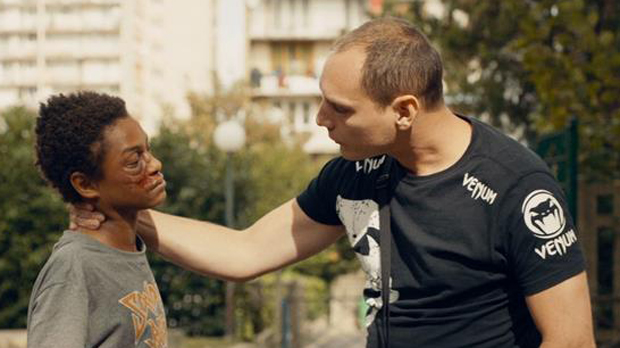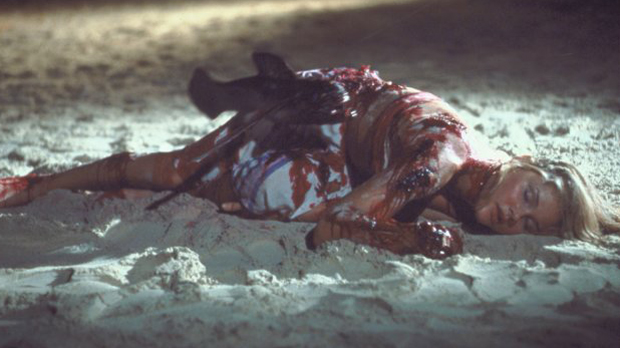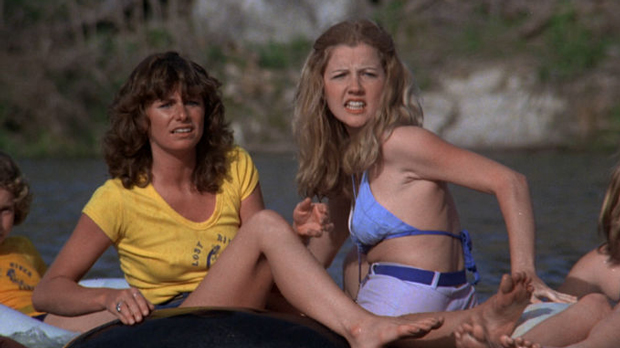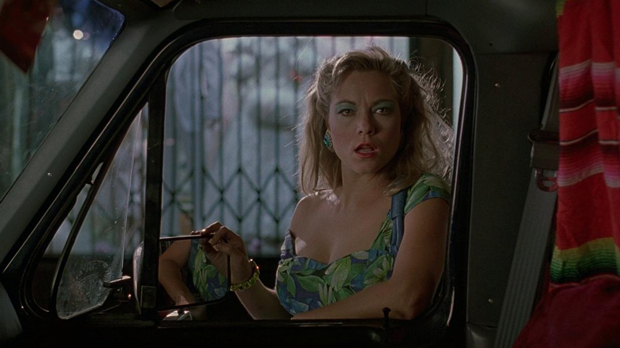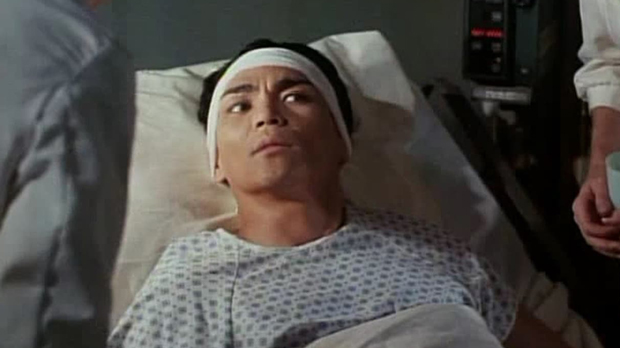 Les Miserables (2019) Amazon/Drama-Thriller RT: 103 minutes Rated R (language throughout, some disturbing/violent content, sexual references) Director: Ladj Ly Screenplay: Ladj Ly, Giordano Gederlini and Alexis Manenti Music: Pink Noise Cinematography: Julien Poupard Release date: January 24, 2020 (Philadelphia, PA) Cast: Damien Bonnard, Alexis Manenti, Djibril Zonga, Issa Perica, Al-Hassan Ly, Steve Tientcheu, Almamy Kanoute, Jeanne Balibar, Nazar Ben Fatma, Raymond Lopez, Omar Soumare, Sana Joachaim, Lucas Omiri. Spoken in French w/English subtitles
Les Miserables (2019) Amazon/Drama-Thriller RT: 103 minutes Rated R (language throughout, some disturbing/violent content, sexual references) Director: Ladj Ly Screenplay: Ladj Ly, Giordano Gederlini and Alexis Manenti Music: Pink Noise Cinematography: Julien Poupard Release date: January 24, 2020 (Philadelphia, PA) Cast: Damien Bonnard, Alexis Manenti, Djibril Zonga, Issa Perica, Al-Hassan Ly, Steve Tientcheu, Almamy Kanoute, Jeanne Balibar, Nazar Ben Fatma, Raymond Lopez, Omar Soumare, Sana Joachaim, Lucas Omiri. Spoken in French w/English subtitles
Rating: ***
DISCLAIMER: Les Miserables, one of this year’s Academy Award nominees for Best International Feature Film (formerly Best Foreign Film), is NOT an update of Victor Hugo’s novel. It has nothing to do with the Tony Award-winning Broadway musical either. It’s titled such because the action takes place in the French suburb of Montfermeil, one of the novel’s main settings. Also, injustice is a shared theme between the original story and Ladj Ly’s film. Otherwise, this Les Miserables is a crazy horse of a different color.
By way of placing the French import Les Miserables into context, it’s important to know what happened in Paris in the fall of 2005. I’m talking about the riots that broke out in response to the treatment of North African immigrants by police. They went on for three weeks. Echoes of this tumultuous period still reverberate through the community. It’s never been forgotten. Even so, nothing much has changed. Cops still harass people of color. Immigrant residents are still suspicious and resentful of the police. It’s only a matter of time before things boil over again.
The film centers on three members of the SCU (Street Crime Unit)- leader Chris (Manenti), an aggressive sort whose brutish tactics make him even more unpopular; Gwada (Zonga), a bilingual fellow better able to diffuse volatile situations by virtue of having grown up in the neighborhood and Ruiz (Bonnard), a newbie learning the ropes. He doesn’t like everything he sees his training officers do, but he doesn’t exactly have a say in the matter.
The catalyst for the events of Les Miserables is a harmless prank pulled by a boy from the neighborhood, Issa (Perica). He steals a lion cub from a circus run by Zorro (Lopez) who threatens violence if his property isn’t returned. After seeing Issa’s pic of the cub on social media, they track him down and try to take him into custody. The end result is a horrific “accident” captured on video by a drone operated by another neighborhood boy, Buzz (Ly). Chris orders his guys to track down the drone and obtain the footage before it ends up going viral which it surely will. Between the cops’ racist-commando style and the civilians’ attitude towards law enforcement, this situation can only end one way.
The final moments of Les Miserables, reminiscent of Spike Lee’s 1989 urban masterpiece Do the Right Thing, are as shocking as anything you’re likely to see on the nightly news. SPOILER ALERT! It’s a powerful ending made more so by the director’s refusal to provide closure. It’s a creative choice that feels as right as it does frustrating. I’ll always remember the hostile audience reaction to John Sayles’ Limbo when the screen went to black without revealing the fate of the main characters at the end. Like Sayles, Ladj Ly is trying to make a point and mostly succeeds.
One of best choices Ly makes is NOT trying to force things when it comes to the film’s volatile subject matter. He doesn’t need to; it’s a heated subject that needs no overheating. Every scene, every interaction palpitates with the threat of violence. Tensions aren’t just simmering; they’re ready to boil over at any moment. Ly films Les Miserables in the style of a documentary while keeping a tight control over the chase and fight sequences. Their organic nature makes them all the more exciting. He also successfully juggles several narrative balls with multiple characters like the Mayor (Tientcheu) and Salah (Kanoute), the community spiritual leader and go-to guy when a cop or resident needs help.
The acting feels completely natural as well. Character development isn’t a primary concern as evidenced by the screenplay not following through on Ruiz’s personal life. Mention is made of a divorce and custody battle, but Ly and his co-writers (including Manenti) do next to nothing with it. On the other hand, the brief glimpses we get of Chris and Gwada at home tell us all we need to know about how the job affects them. As Issa, Perica gives a sad, soulful performance as a boy without support of any kind destined to go nowhere in life. His sadness turning to anger is absolutely convincing.
In a larger sense, Les Miserables deals with the issue of belonging. Who’s allowed to feel like they “belong”? Do these foreigners have the right to consider themselves French citizens? The cops certainly don’t think so. Look at the way they treat three young girls waiting for a bus. To them, the people they’re supposed to protect aren’t really people. Their attitude stands in stark contrast to the opening scene of neighborhood boys joining their fellow Frenchmen in celebration when France won the World Cup in 2018. Racism is a blight that stains many countries, a sad fact that makes Les Miserables both timely and global. Although flawed, it gets its point across.
